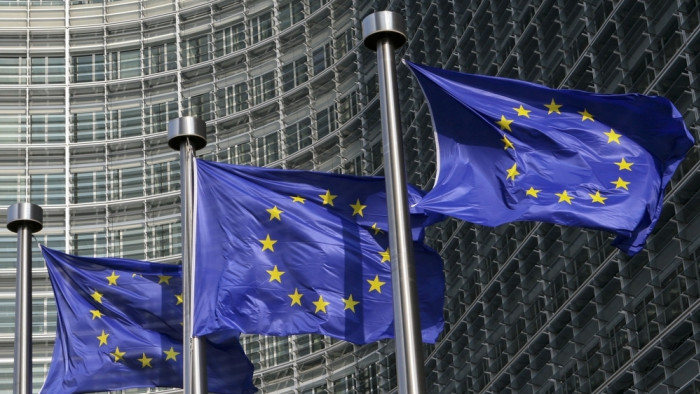
Reinforcing procedural safeguards and fundamental rights in European Arrest Warrant proceedings
The European Arrest Warrant (‘EAW’) is a powerful tool that allows authorities in one country (the ‘issuing country’) to have people living in another country (the ‘executing country’) arrested, detained, and transferred by force. This has serious implications for the affected person.
Fair Trials recognises the need for effective law enforcement cooperation between EU Member States but has long raised concerns about the need to ensure the operation of the EAW does not undermine human rights and the rule of law. Over the past years, we have been collating information from members of our Legal and Experts Advisory Panel (LEAP) who continue to raise these concerns – and highlight that they are exacerbated by threats to the rule of law and the worsening prison overcrowding crisis that the EU is facing.
The COVID-19 pandemic meant that digital solutions were necessary to keep criminal proceedings moving forward. The European Commission is now preparing a toolbox of measures to promote the digitalization of justice, including criminal justice, on a long-term basis. These developments present opportunities to enhance the functionality of the EAW, grounded in fundamental rights.
We call on the European Commission to recognise that the EAW is not only about judicial cooperation – it is also about the person who is sought, arrested and surrendered. The fundamental rights of that person must be placed at the heart of the mechanism.
This paper identifies five key priorities areas for EU action to bring the EAW system within the framework of the EU Charter of Fundamental Rights and rule of law.

